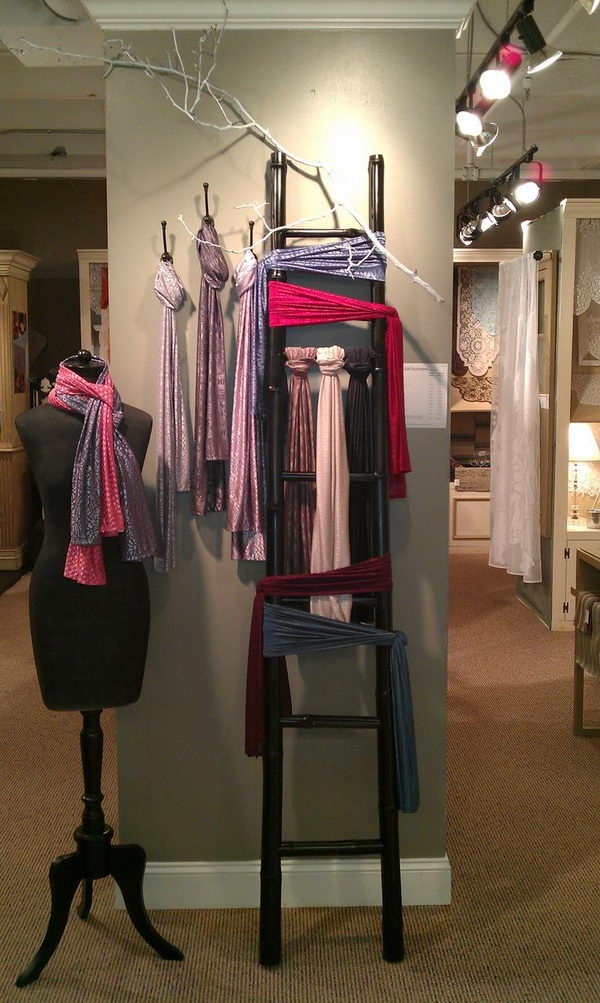

The unexpected centre of desire is the love affair between the elderly landlady (Liza Sadovy) and her German Jewish lodger (Elliot Levey), both acting with restrained melancholy.

Maybe This Time is broken apart, her voice shrunk by the difficulty of believing in romantic hope. She makes each of her numbers into an individual drama – she must, you think, have written them herself: the title song is spat out with personal pain and cosmic sarcasm. In bo-peep bonnet and slightly rumpled bob, she is forthright, and never more so than when singing. Photograph: Marc Brennerīuckley, meanwhile, as Sally Bowles, is never less than human. Jessie Buckley as Sally Bowles: ‘makes each of her numbers into an individual drama – she must, you think, have written them herself’. Sometimes in clown trousers and jaunty cone hat, sometimes letting his bare chest multitask, muscles arguing with each other for dominance, he is often feral – a new kind of fantastic beast – and often like a fairground creation. Redmayne’s Emcee does not so much preside over the rise of fascism as embody its core. There is never much doubt about the direction of the evening. Neither here nor on stage is there much merriment, despite the glam-schlock, the tumult of fake fur and satin and chiffon. Going down stone steps (all plushness spent), the audience are met with challenging looks, lace cami-knickers, suspenders, Doc Martens, sequined eyeshadow, accordion players behind beaded curtains, pelvic grinding in the bar.

The ambition of director Rebecca Frecknall and designer Tom Scutt in spreading the action beyond the stage, transforming one of London’s most trad proscenium-and-gilt theatres into a manky dive: the Kit Kat Club in 1930s Berlin. The gifts and the reputation of the two stars – Jessie Buckley and Eddie Redmayne. The original vision of Kander and Ebb in making such a dark and jagged musical experience.


 0 kommentar(er)
0 kommentar(er)
